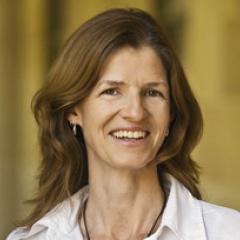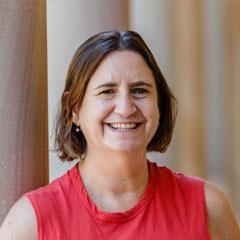Philosophy at UQ explores foundational questions about the nature of the world and our place in it, as well as thinking about questions that arise within particular fields, such as the physical sciences, mathematics, psychology, art, politics and ethics.
Our mission is to teach our undergraduate and postgraduate student cohorts how to think about these questions critically, creatively, responsibly and independently. To this end, we offer explicit training in the skills of critical thinking and argumentation, both within philosophy courses and through outreach programs like the UQ Critical Thinking Project, which works in partnership with educators to embed critical and creative thinking in schools.
We realise our commitment to excellence in teaching, research and engagement through a variety of intra- and inter-faculty partnerships with the sciences, mathematics, education, economics and politics. Our mission in philosophy is ultimately to foster the skills and self-understanding that help make us thoughtful and engaged members of our various societies, while also broadening our understanding of the various ways of being and thinking that humans have, and have had available to them.
Research
The Philosophy discipline has two main research strengths. European Philosophy and Ethics examines a range of issues and traditions in moral philosophy, social and political philosophy, feminist philosophy, the history of European philosophy, the philosophy of education, environmental ethics, business and professional ethics, bioethics, and the philosophy of action.
Logic and the Philosophy of Science explores fundamental issues in formal (mathematical logic) and informal reasoning (critical thinking), the nature of scientific reasoning, and other issues concerned with scientific method, scientific knowledge, the rise of modern science, the nature of scientific entities and metaphysical concepts that underlie science.










